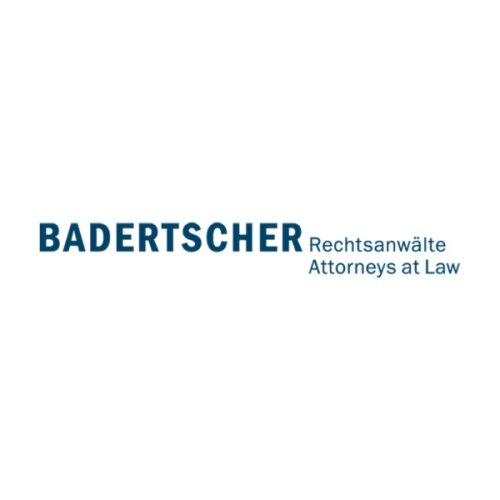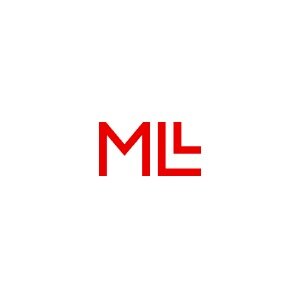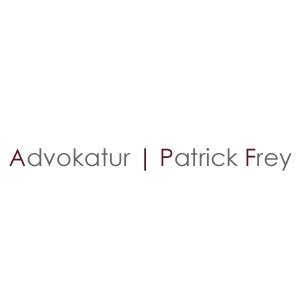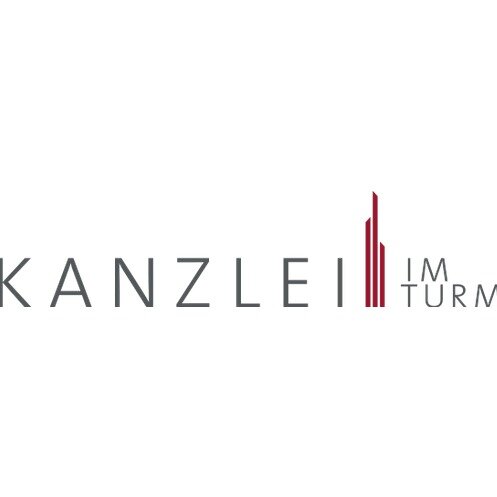Best Bankruptcy Lawyers in Switzerland
Share your needs with us, get contacted by law firms.
Free. Takes 2 min.
Or refine your search by selecting a city:
List of the best lawyers in Switzerland
About Bankruptcy Law in Switzerland
Bankruptcy in Switzerland is a legal process that allows individuals and businesses unable to meet their financial obligations to seek relief from some or all of their debts. Swiss bankruptcy proceedings are governed by the Federal Act on Debt Enforcement and Bankruptcy (DEBA). The process ensures that assets are fairly distributed among creditors while providing a fresh start for the debtor. There are several key procedures, including liquidation bankruptcy and reorganization proceedings, each with specific requirements and implications.
Why You May Need a Lawyer
Understanding and navigating bankruptcy law in Switzerland can be complex, leading many to seek professional legal advice. Common situations where you might need a lawyer include:
- Evaluating the best course of action between liquidation and reorganization.
- Ensuring that all legal requirements are met when filing for bankruptcy.
- Negotiating with creditors to arrive at a manageable repayment plan.
- Protecting personal assets from being liquidated improperly.
- Understanding the impact of bankruptcy on credit and future financial dealings.
Having expert guidance can help ensure that the process is handled correctly and minimize long-term financial repercussions.
Local Laws Overview
Swiss bankruptcy laws are primarily governed by the DEBA, which regulates the enforcement of debts and the distribution of a debtor's assets. Key aspects include:
- Compulsory Enforcement: Creditors can initiate debt enforcement proceedings when debts are not repaid.
- Sequestration: This may occur before bankruptcy, allowing a creditor to provisionally seize a debtor’s assets.
- Types of Bankruptcy: Switzerland distinguishes between bankruptcy procedures for individuals, companies, and special types of entities (like banks).
- Debt Restructuring Moratorium: This is an option for businesses to reorganize under court supervision with creditor agreement.
- Discharge of Debt: Generally, personal debt cannot simply be discharged in Switzerland; however, personal bankruptcy may provide reprieve from debt enforcement efforts.
Frequently Asked Questions
What is the difference between insolvency and bankruptcy in Switzerland?
Insolvency refers to a situation where an entity cannot pay its debts when due, while bankruptcy is a legal process initiated when an entity is declared insolvent and seeks a court-administered relief from debts.
Can individuals declare bankruptcy in Switzerland?
Yes, individuals can declare bankruptcy, but it's usually a last resort. The proceedings are often initiated by creditors when they are unable to recover debts through enforcement.
How long does bankruptcy stay on your record in Switzerland?
Bankruptcy annotations remain on a credit history in Switzerland for five years from the end of the bankruptcy proceedings.
Is it possible to retain any assets after declaring bankruptcy?
Some personal assets may be exempt from liquidation depending on individual circumstances. It typically includes basic personal items and tools necessary for work.
What is the role of a debt restructuring moratorium?
It allows a debtor to reorganize and restructure debts under court supervision and with creditor approval, offering an alternative to liquidation bankruptcy.
Will declaring bankruptcy affect my employment in any way?
While declaring bankruptcy can affect employment in some financial sectors, generally, it does not directly impact most jobs. However, financial difficulties may pose indirect challenges.
Who initiates bankruptcy proceedings in Switzerland?
Bankruptcy proceedings can be initiated by creditors or the debtor. Creditors usually file for bankruptcy when debt enforcement actions fail to recover debts.
Are there any alternatives to declaring bankruptcy?
Yes, alternatives may include negotiating directly with creditors for payment plans, seeking advice from a credit counselor, or exploring debt consolidation options.
What legal protections are provided during a bankruptcy process?
The DEBA law provides protections against creditor enforcement once bankruptcy is declared, and it ensures that asset distribution is conducted fairly and equitably.
Can bankruptcy be reversed or annulled?
In certain circumstances, a bankruptcy order can be annulled if it is shown that the debts have been paid or if there was an error in the proceedings.
Additional Resources
There are several resources and organizations that can be helpful if you're seeking advice on bankruptcy in Switzerland:
- Swiss Bar Association - A resource to find qualified bankruptcy lawyers.
- Federal Office of Justice - Provides information on legal regulations and proceedings.
- Debt Counseling Services - Various non-governmental organizations offer debt advice and counseling services.
- Commercial Register - Offers information on insolvency proceedings for businesses.
Next Steps
If you need legal assistance with bankruptcy, consider the following steps:
- Contact a qualified bankruptcy attorney who is experienced in Swiss bankruptcy proceedings for a consultation.
- Gather all necessary documentation that pertains to your financial situation, including debts, assets, income, and expenses.
- Review your financial situation with your attorney to determine the best course of action.
- Consider contacting debt counseling services to explore options before declaring bankruptcy.
- Stay informed about your rights and obligations throughout the proceedings with the help of your legal representative.
Seeking timely legal guidance can help ensure that you navigate bankruptcy proceedings effectively and safeguard your interests.
Lawzana helps you find the best lawyers and law firms in Switzerland through a curated and pre-screened list of qualified legal professionals. Our platform offers rankings and detailed profiles of attorneys and law firms, allowing you to compare based on practice areas, including Bankruptcy, experience, and client feedback.
Each profile includes a description of the firm's areas of practice, client reviews, team members and partners, year of establishment, spoken languages, office locations, contact information, social media presence, and any published articles or resources. Most firms on our platform speak English and are experienced in both local and international legal matters.
Get a quote from top-rated law firms in Switzerland — quickly, securely, and without unnecessary hassle.
Disclaimer:
The information provided on this page is for general informational purposes only and does not constitute legal advice. While we strive to ensure the accuracy and relevance of the content, legal information may change over time, and interpretations of the law can vary. You should always consult with a qualified legal professional for advice specific to your situation.
We disclaim all liability for actions taken or not taken based on the content of this page. If you believe any information is incorrect or outdated, please contact us, and we will review and update it where appropriate.
Browse bankruptcy law firms by city in Switzerland
Refine your search by selecting a city.
















